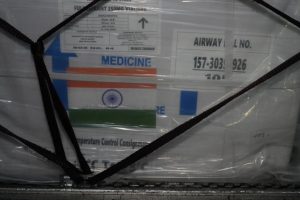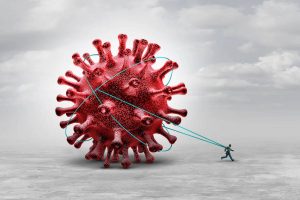Cancer patients hospitalised with Covid-19 and also those taking anti-cancer drugs could be at an increased risk of developing venous thromboembolisms (VTE) — potentially serious blood clots in the veins, according to a study.
The study, published in the JAMA Oncology, showed that the relative risk of VTE was 33 per cent higher in those taking systemic anti-cancer treatment compared with those who weren’t.
The drugs, however, were not tied to a higher risk of arterial thromboembolism, said the researchers from the universities of California, Cincinnati, Texas.
“The findings highlight the need for close monitoring and perhaps personalised thromboprophylaxis to prevent morbidity and mortality associated with Covid-19 related thromboembolism in patients with cancer,” they wrote in the paper.
For the study, the team from across the US analysed data on 4,988 cancer patients worldwide who had lab-confirmed SARS-CoV-2 infection from March 2020 to December 2021.
They compared the 1,869 patients who had received systemic anti-cancer therapies such as endocrine therapy, immunomodulators, and chemotherapy in the 3 months before Covid-19 with those who hadn’t.
They also discovered that patients with thromboembolic events (TEEs) had high intensive care unit admission (46 per cent) and mechanical ventilation (31 per cent) rates.
The risk of death in patients with TEEs was associated with poor physical abilities and active or progressing cancer.





